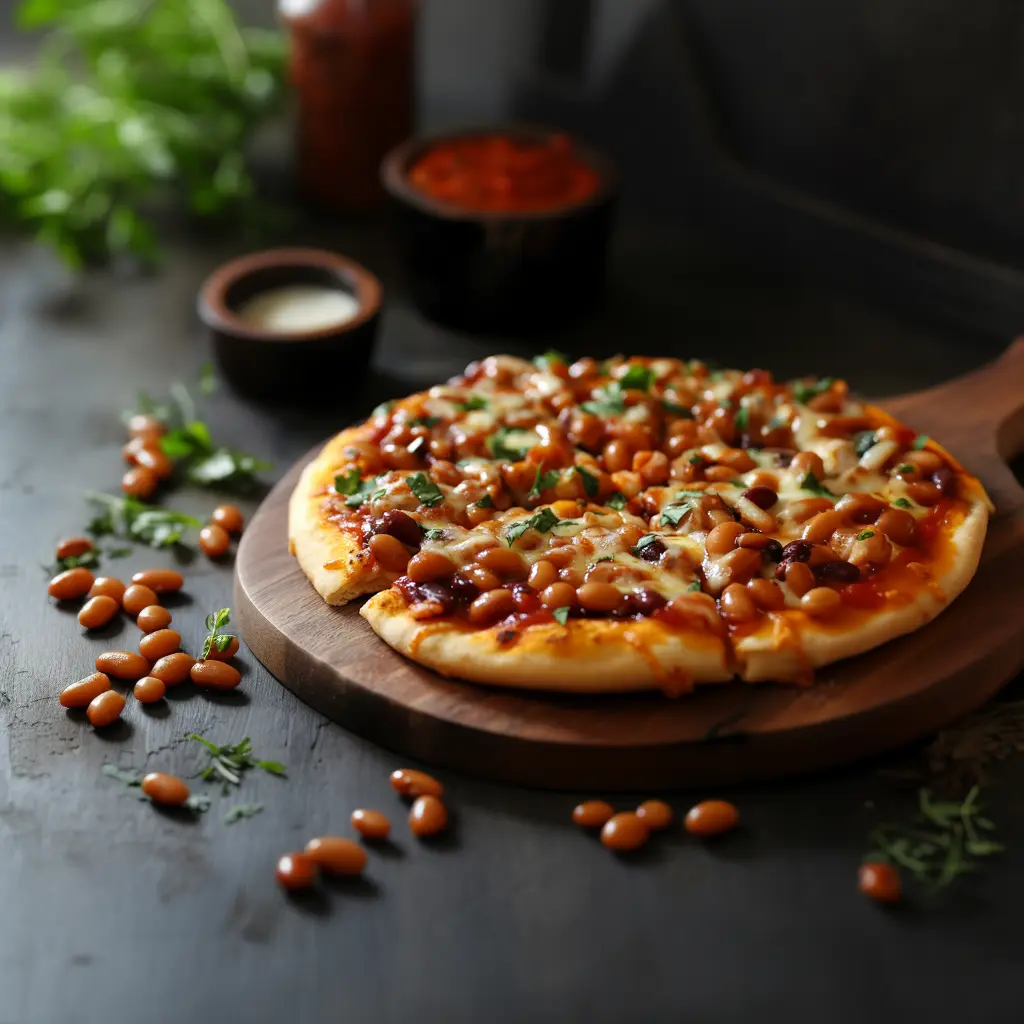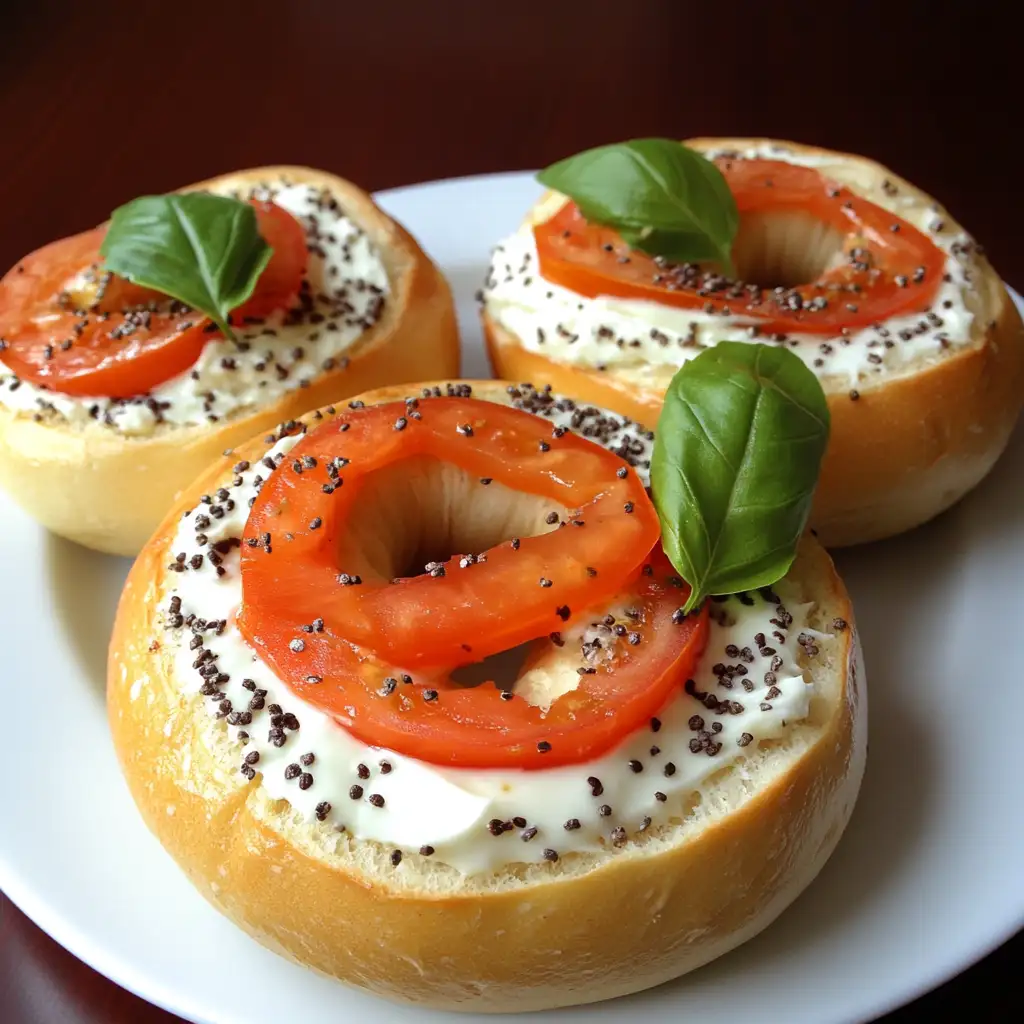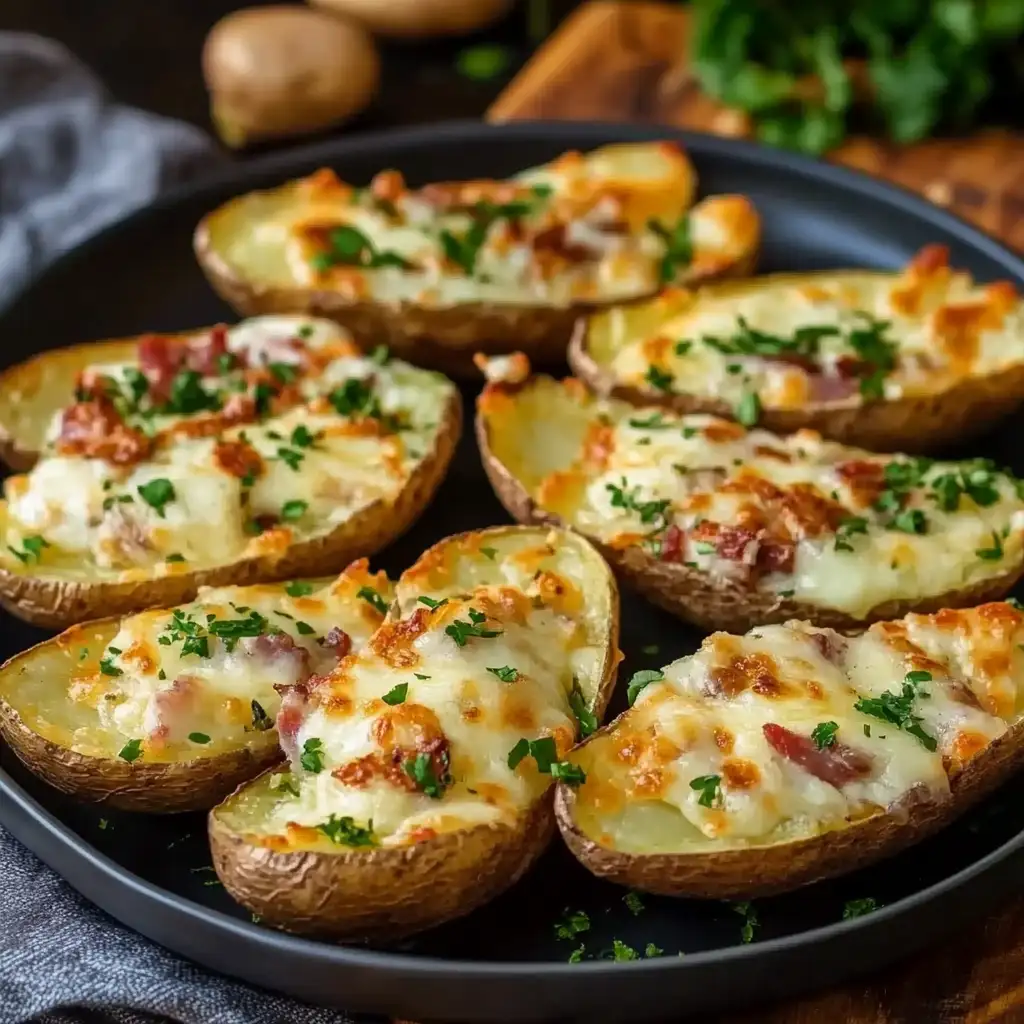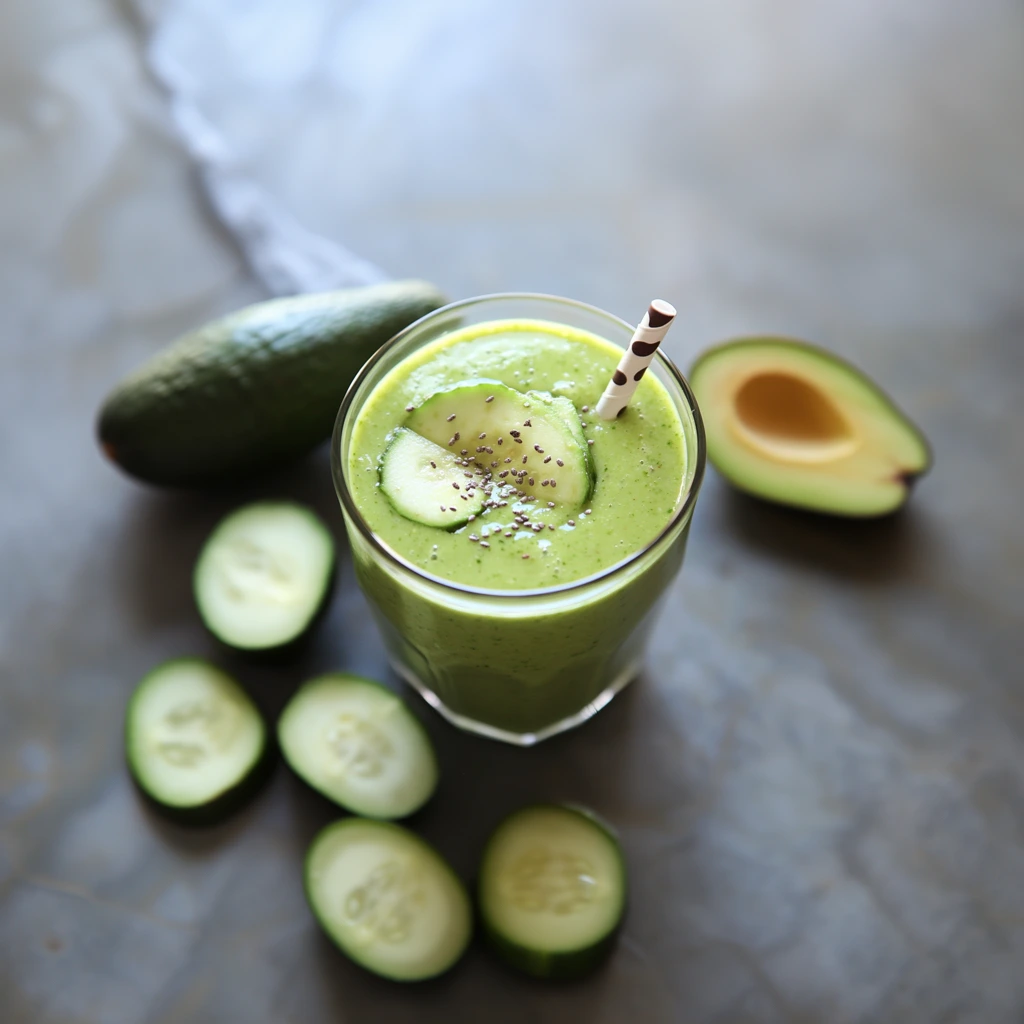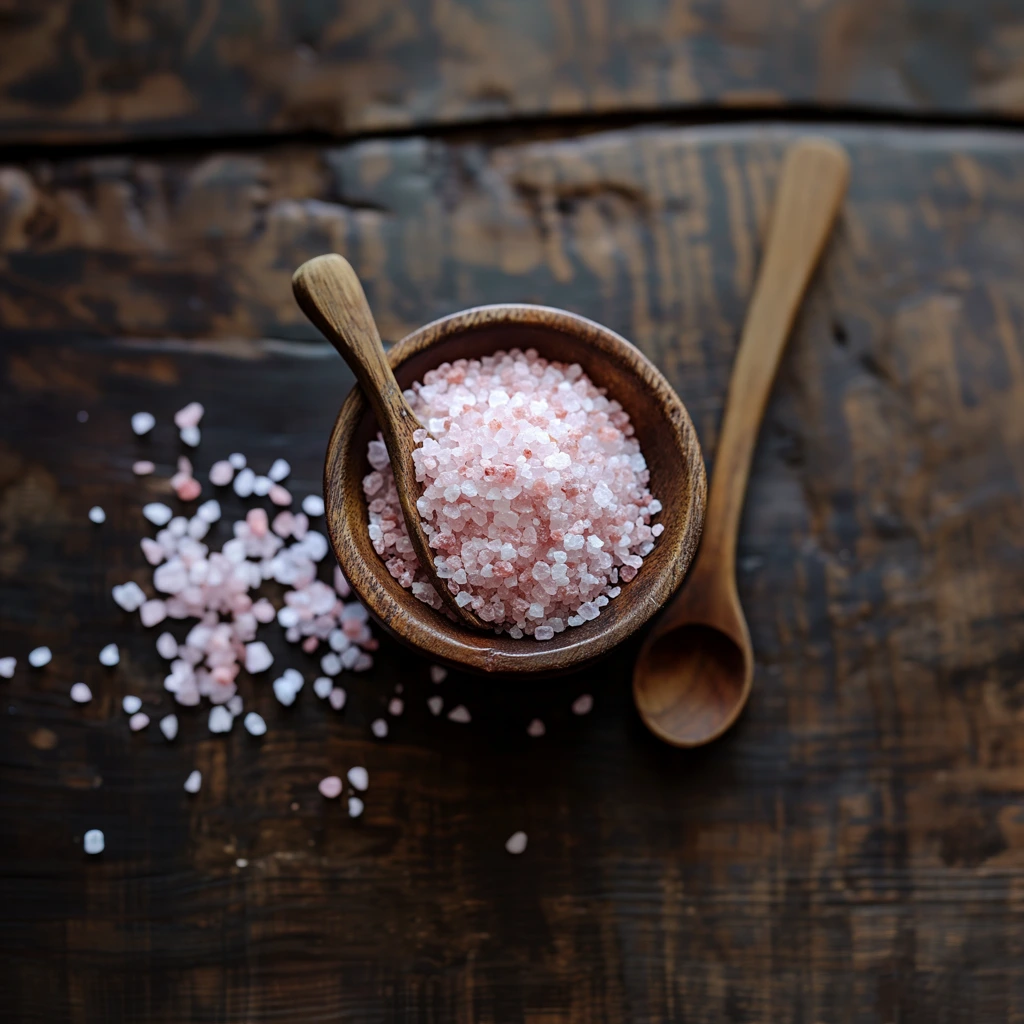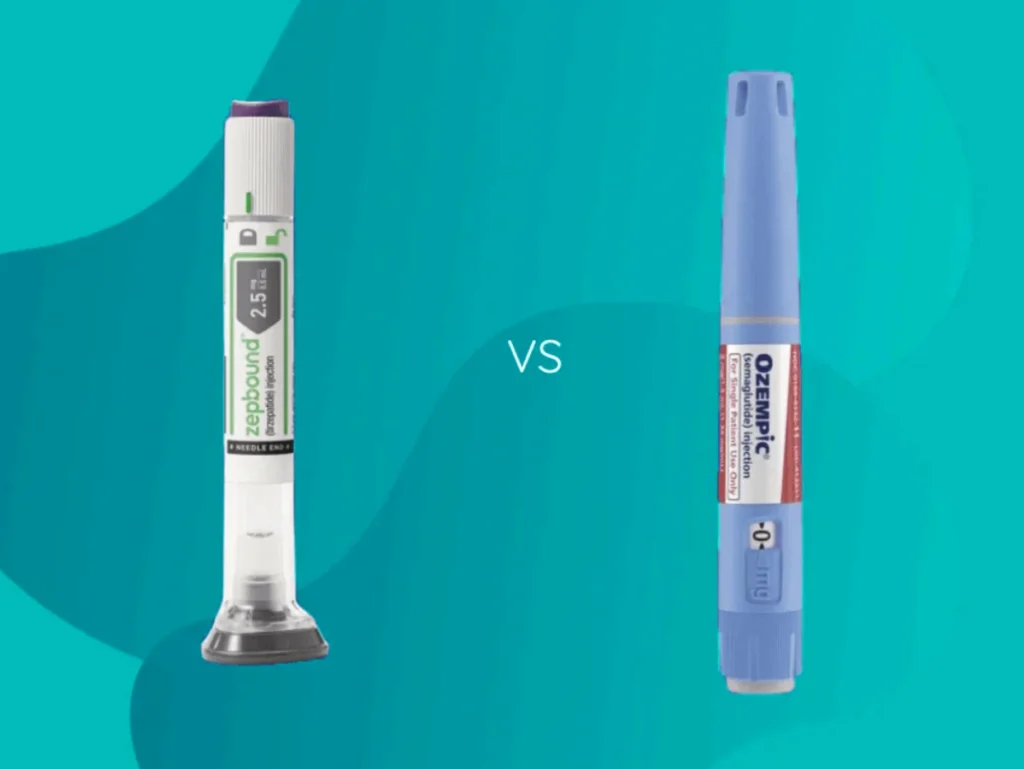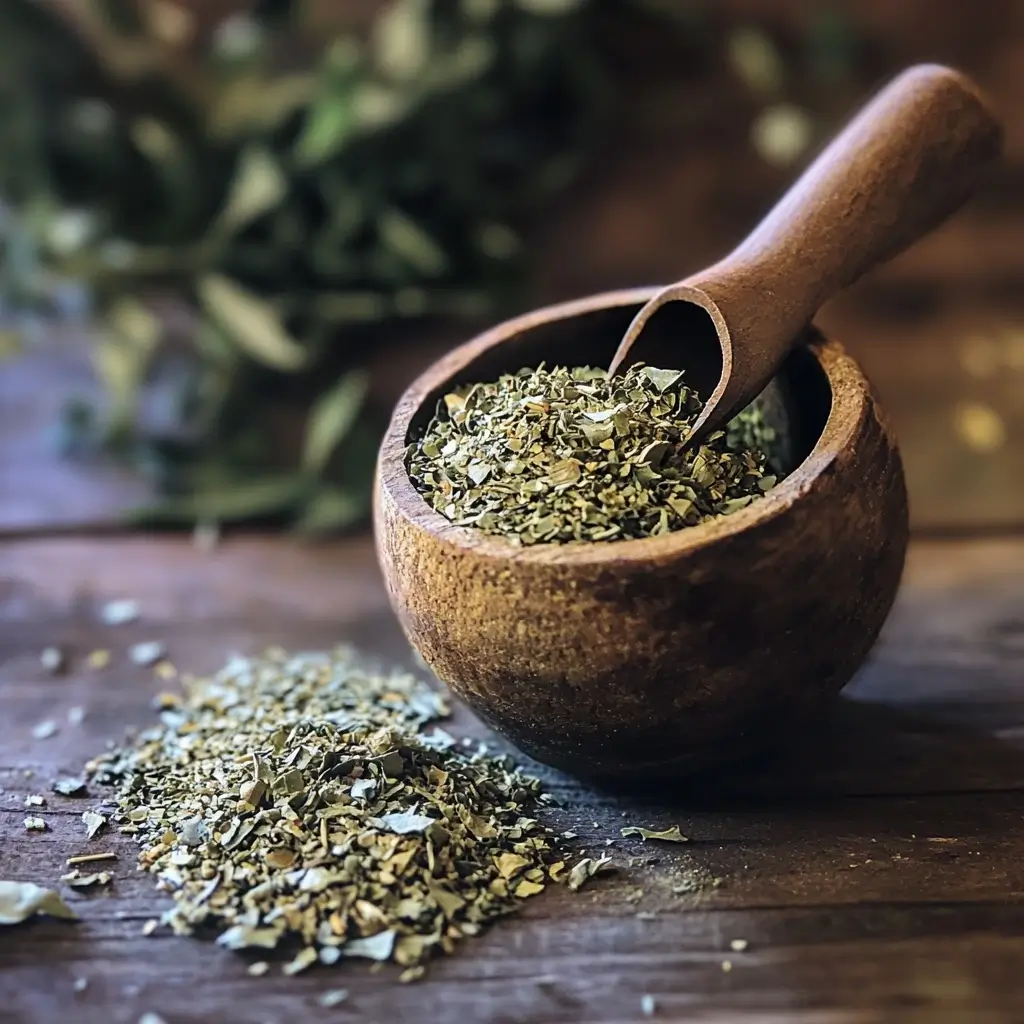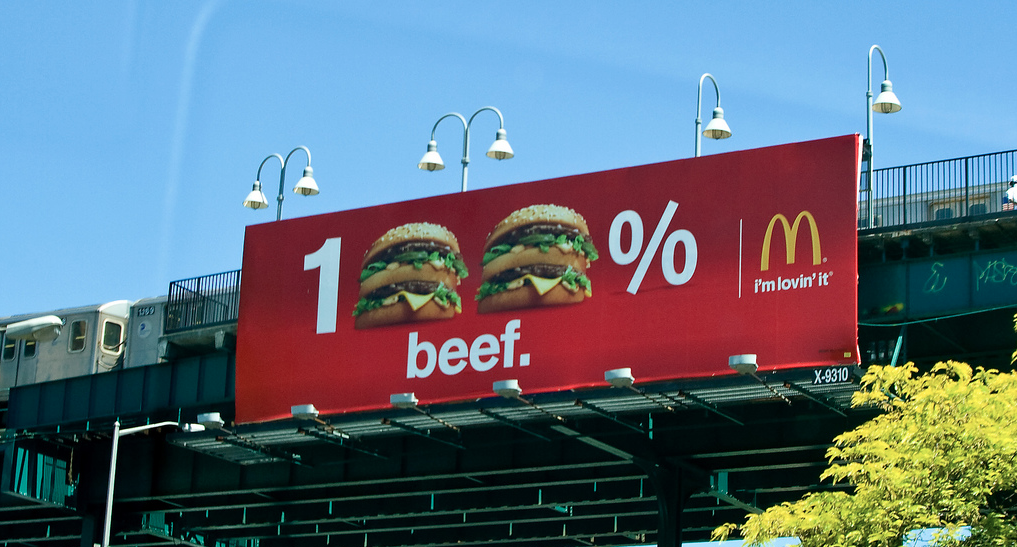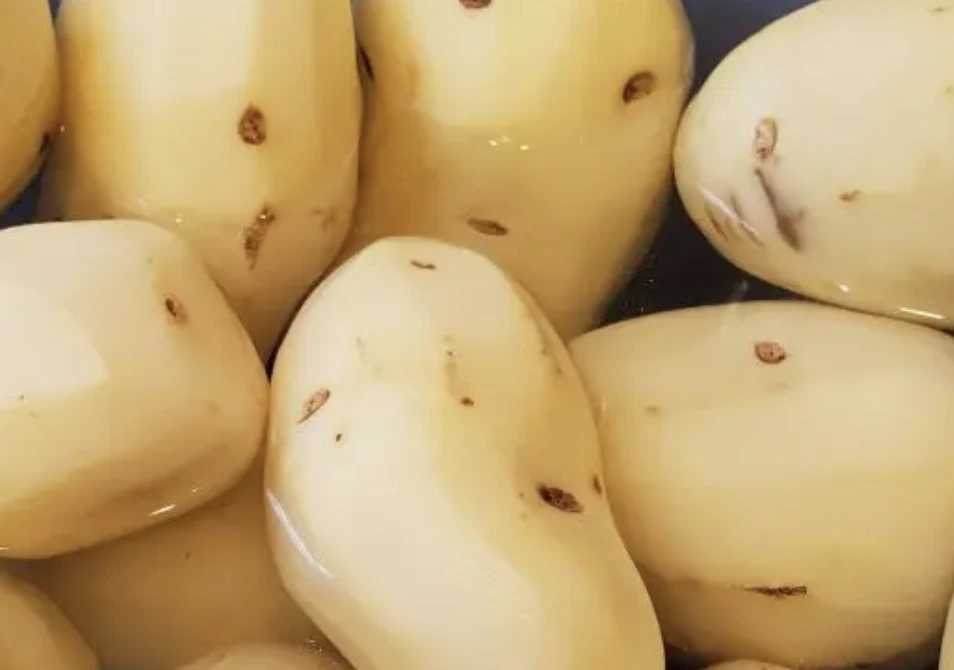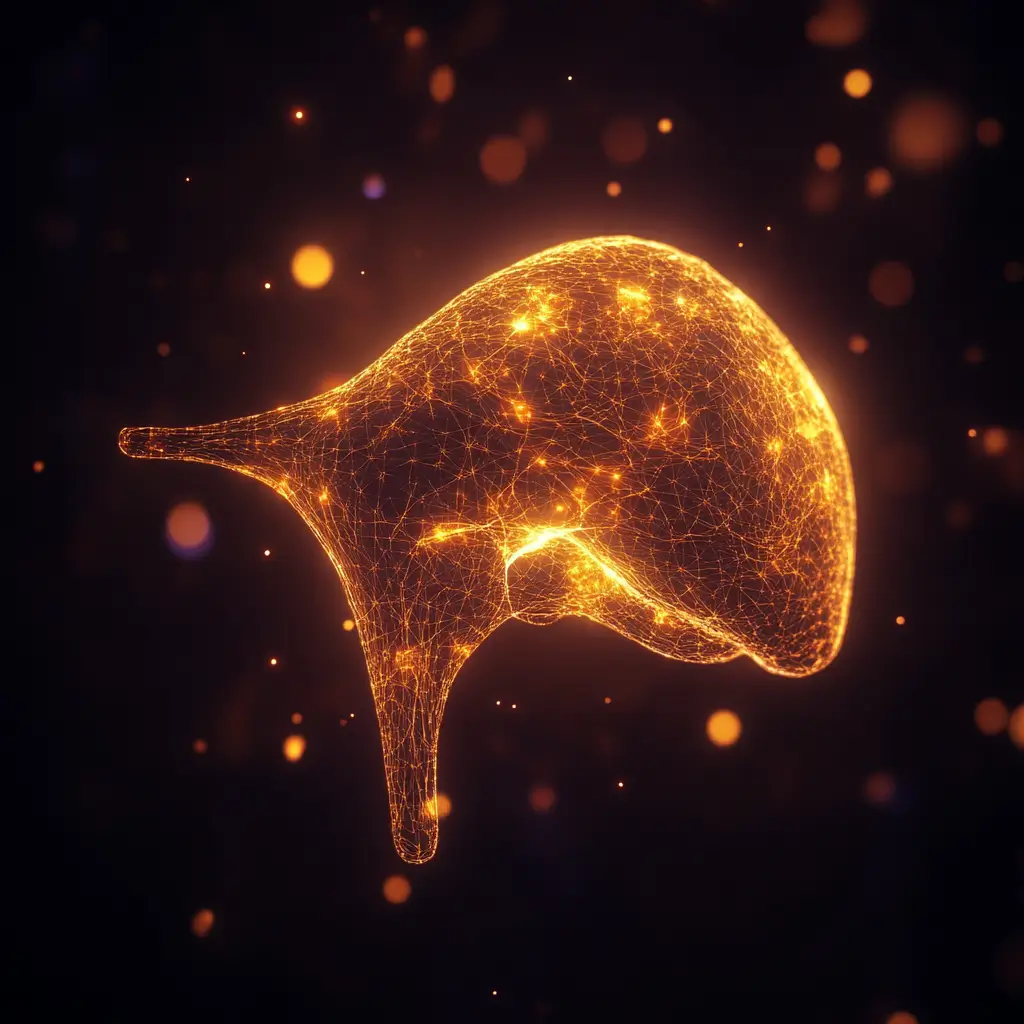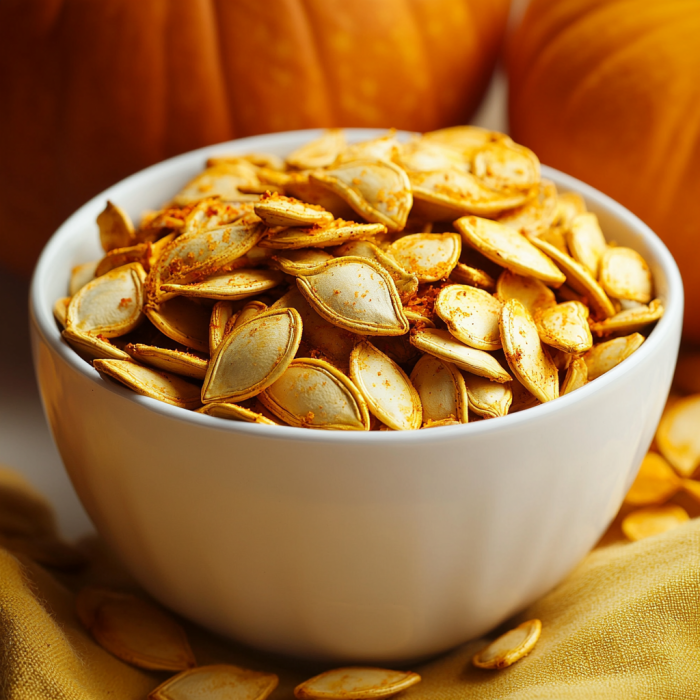The Best Foods for Constipation Relief for Diabetics
Constipation is a common issue that can affect anyone, but it can be particularly troublesome for people with diabetes. Managing diabetes often requires careful attention to diet, and adding foods that can help alleviate constipation without spiking blood sugar levels is crucial. Here are some of the best foods for constipation relief that are also diabetic-friendly.
1. High-Fiber Vegetables
Why They’re Good:
- High-fiber vegetables help add bulk to the stool, making it easier to pass. Fiber is essential for maintaining regular bowel movements and preventing constipation.
Best Choices:
- Leafy Greens: Spinach, kale, and Swiss chard are excellent sources of fiber and are low in carbohydrates, making them ideal for diabetics.
- Broccoli: This vegetable is high in fiber and also contains essential vitamins and minerals.
- Brussels Sprouts: Rich in fiber and can be roasted, steamed, or sautéed for a tasty, nutritious side dish.
2. Whole Grains
Why They’re Good:
- Whole grains are packed with fiber, which aids in digestion and helps prevent constipation. They also have a lower glycemic index compared to refined grains, which is beneficial for blood sugar control.
Best Choices:
- Oatmeal: A great breakfast option that is high in soluble fiber. Choose plain, unsweetened oatmeal and add fruits or nuts for extra flavor and nutrients.
- Quinoa: This whole grain is high in fiber and protein, making it a versatile and nutritious addition to meals.
- Brown Rice: A better alternative to white rice, offering more fiber and nutrients.
3. Legumes
Why They’re Good:
- Legumes like beans, lentils, and chickpeas are rich in fiber and protein. They can help maintain stable blood sugar levels while promoting healthy digestion.
Best Choices:
- Lentils: High in fiber and can be used in soups, stews, or salads.
- Black Beans: A fiber-rich addition to salads, soups, or as a side dish.
- Chickpeas: Great in salads, roasted for a crunchy snack, or blended into hummus.
4. Fruits
Why They’re Good:
- Many fruits are high in fiber and water content, which helps to keep the digestive system moving. Choose fruits with a lower glycemic index to avoid spikes in blood sugar levels.
Best Choices:
- Berries: Strawberries, blueberries, and raspberries are low in sugar and high in fiber and antioxidants.
- Apples: With the skin on, apples provide a good amount of fiber. Be mindful of portion sizes to manage carbohydrate intake.
- Pears: Another great source of fiber, particularly when eaten with the skin.
5. Nuts and Seeds
Why They’re Good:
- Nuts and seeds are packed with fiber, healthy fats, and protein. They are also low in carbohydrates, making them a great snack for diabetics.
Best Choices:
- Chia Seeds: Extremely high in fiber and can be added to yogurt, smoothies, or made into chia pudding.
- Flaxseeds: Ground flaxseeds can be sprinkled on cereals, salads, or added to smoothies for an extra fiber boost.
- Almonds: A good source of fiber and healthy fats. Eat them as a snack or add to salads and dishes for crunch.
6. Probiotic-Rich Foods
Why They’re Good:
- Probiotics help maintain a healthy gut flora, which can aid digestion and prevent constipation. These foods are beneficial for overall digestive health.
Best Choices:
- Greek Yogurt: Choose plain, unsweetened Greek yogurt for a protein-rich, probiotic snack.
- Kefir: A fermented milk drink that is rich in probiotics. Opt for plain, unsweetened varieties.
- Sauerkraut: Fermented cabbage that provides both fiber and probiotics.
7. Hydration
Why It’s Important:
- Staying well-hydrated is crucial for preventing constipation. Water helps soften stools, making them easier to pass.
Best Choices:
- Water: Aim to drink at least 8 glasses of water a day.
- Herbal Teas: Some herbal teas, like peppermint or ginger tea, can aid digestion and hydration.
Tips for Managing Constipation in Diabetics
- Increase Fiber Gradually: If you’re not used to a high-fiber diet, increase your fiber intake gradually to avoid bloating and gas.
- Stay Active: Regular physical activity can help stimulate digestion and prevent constipation.
- Monitor Blood Sugar: Keep track of how different foods affect your blood sugar levels and adjust your diet as necessary.
- Consult Your Doctor: If constipation persists, it’s important to consult with your healthcare provider for personalized advice and treatment.
Conclusion
Managing constipation while maintaining stable blood sugar levels requires careful dietary choices. Incorporating high-fiber vegetables, whole grains, legumes, fruits, nuts, seeds, and probiotic-rich foods into your diet can help alleviate constipation without compromising diabetes management. Remember to stay hydrated and gradually increase your fiber intake to support a healthy digestive system. By making these smart food choices, diabetics can enjoy better digestive health and overall well-being.







